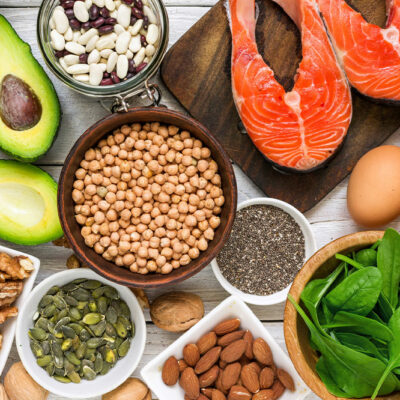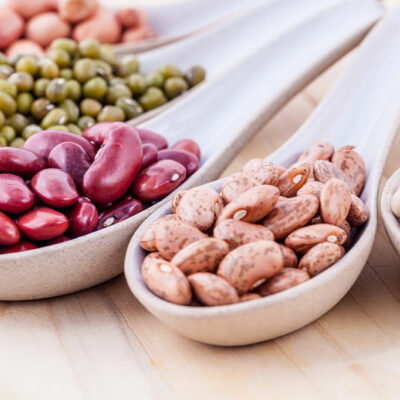
health
12 warning signs of kidney cancer
The kidneys’ primary function is to filter blood and remove any harmful properties. However, individuals can develop masses such as growths or tumors inside the kidneys, which can stop them from doing their job properly. And while these could be signs of other health conditions, they may also indicate kidney cancer. Therefore, it is essential to learn about the signs of this mutation to receive a diagnosis as soon as possible. Here are a few signs that point toward kidney cancer: Blood in the urine (hematuria) The normal color of urine ranges from clear to pale yellow. Sometimes, this color may also change based on the foods one eats. For example, blackberries, beets, and fava beans may turn urine pink or red. Furthermore, certain treatment options may cause the color of the urine to turn orange or green. However, the reddish color of one’s urine might indicate that something isn’t right with the organ. It could point toward the presence of an infection or cancer. A healthcare expert must immediately diagnose such developments. Abdominal lump One of the most common indicators of kidney cancer is a hard lump that forms in the abdominal region. The development may occur in the front or rear of the region.




















